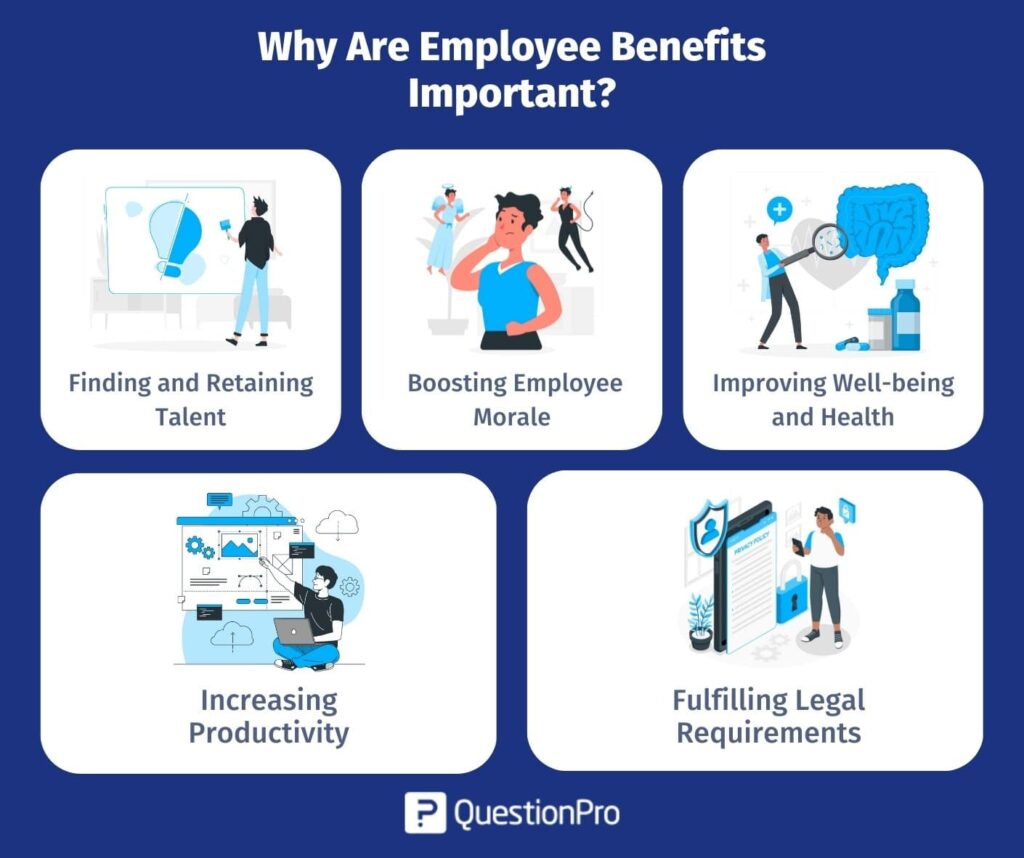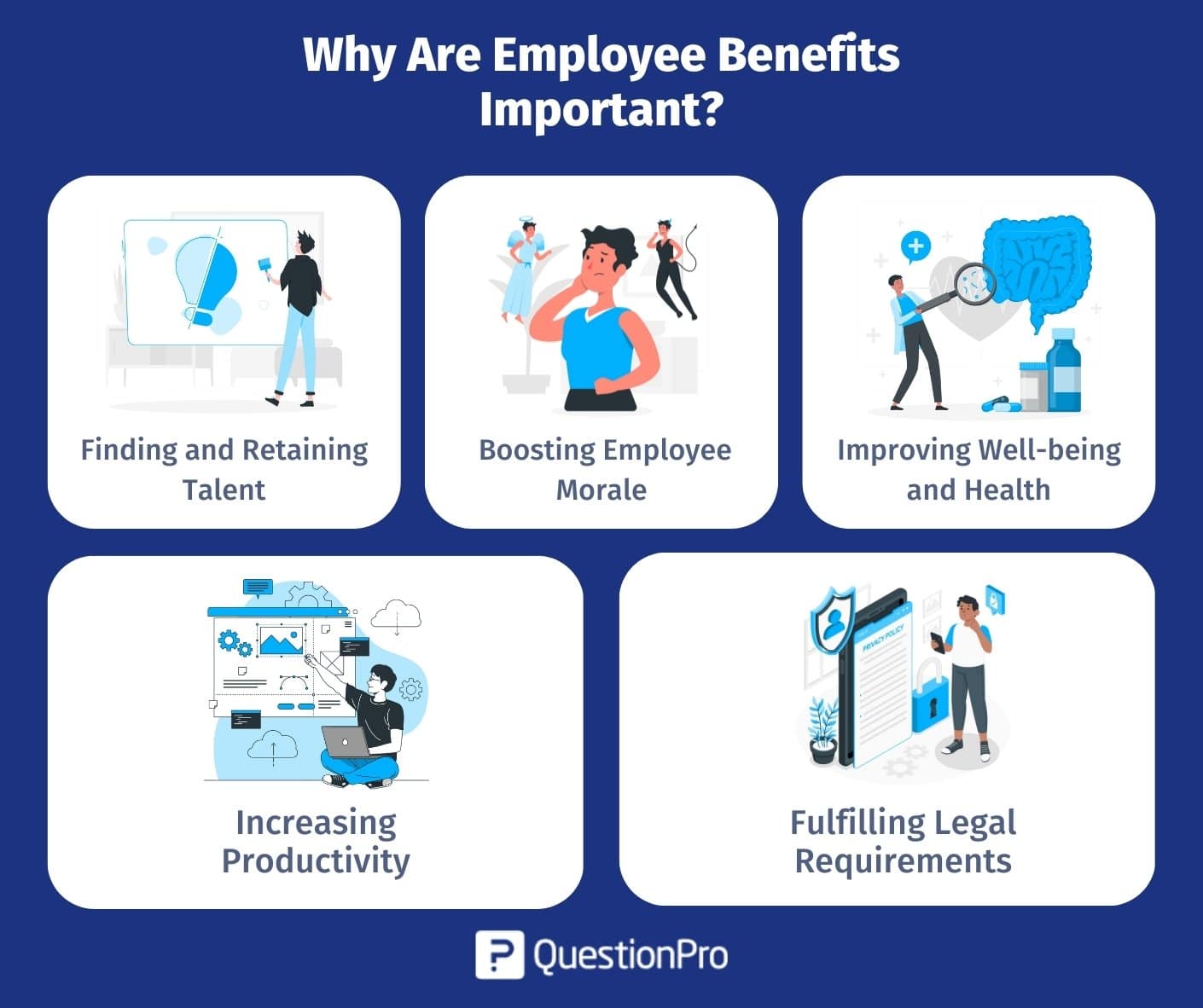Employer-Sponsored Health Insurance’s Effect on Employee Retention

Employers are constantly searching for strategies to draw in and keep top talent in the competitive labor market of today. Employer-sponsored health insurance is one of the most effective instruments in this endeavor. In addition to giving workers the necessary coverage, health benefits are a major contributor to increased job satisfaction, lower attrition, and a more stable and effective workforce. The substantial impact that employer-sponsored health insurance can have on staff retention and the wider business ramifications are examined in this article.
- The Benefits of Health Insurance for Workers
One of the most beneficial advantages that an employer can offer is health insurance. Indeed, a 2023 Kaiser Family Foundation survey found that about 60% of American workers consider health insurance to be one of the most important advantages they look for in a possible employer. The expense of health care is a major worry for many workers. When considering the escalating costs of premiums, deductibles, and out-of-pocket charges, employer-sponsored insurance usually offers access to more affordable plans than individual insurance.
Health insurance provides peace of mind in addition to financial benefits. Workers who have consistent access to healthcare are more likely to feel safe in their jobs, which lowers stress and
- Using Health Insurance as a Strategy for Retention
One of the main issues that employers deal with is staff retention. Companies may have to pay more for hiring, training, and lost productivity as a result of high turnover. One tactic that can have a direct effect on retention is providing comprehensive health coverage.
Cost-effective Benefits: When health insurance is included in an employee benefits package, it may be less expensive for staff members than if they buy coverage separately. Employers can assist their employees save a lot of money by paying all or part of their premiums, which reduces the likelihood that they would quit for a position with less generous benefits.
Employer-Employee Trust: Providing health insurance shows that a company cares about its employees’ welfare. This cultivates trust and loyalty, two essential components.
- The Connection Between Employee Productivity and Health Insurance
Employer-sponsored health insurance has retention advantages, but it can also indirectly boost productivity, which raises employee retention and satisfaction. Healthy Effect workers are more likely to be engaged at work and are less likely to miss work due to illness. Employees should avoid long-term health problems that could impair their work by taking preventive steps and receiving early medical care when healthcare is available.
Offering mental health benefits, which are becoming more and more common in health insurance plans, also takes care of another important factor that influences employee retention. Support for mental health can lessen stress and burnout, which are factors that can cause people to miss work or decide to quit for a less demanding position. As
- The Adverse Effects of Insufficient Health Insurance
Conversely, a lack of health benefits can result in employee discontent, low morale, and increased turnover. Workers may start to feel underappreciated if Effect they have to pay a lot of money out of pocket or don’t have access to sufficient health insurance. Additionally, they may be under financial difficulty, which can lead to stress and impair their concentration at work. This discontent may rapidly result in increased turnover rates.
Employees who are unhappy with their employer’s benefits package are more likely to think about leaving employment, according to a Gallup poll conducted in 2022. Employees who rely on comprehensive health coverage, such as those with families or special medical needs, may be especially unhappy.
- Post-pandemic Retention and Employer-Sponsored Health Insurance
The necessity of health insurance in the workplace was highlighted by the COVID-19 pandemic. Millions of employees depended on employer-sponsored health insurance to get COVID-19 tests, treatments, and immunizations during the pandemic. Health insurance is now even more crucial to employee retention as the workforce recovers and businesses continue to adjust to a post-pandemic world.
Workers are now more inclined to look for work security, particularly steady and dependable health coverage, after going through the financial and personal strain of the epidemic. Companies that provide flexible plans, such as mental health support and telemedicine alternatives, are more likely to experience improvements in employee retention as workers place a higher value on benefits that put their general health first.
- The Economic Consequences for Companies
Although providing employer-sponsored health insurance requires a large financial outlay, the advantages and long-term savings may exceed the expenses. Employers should anticipate a return on investment in the form of lower turnover costs, higher productivity, and decreased absenteeism, per a study conducted by the National Business Group on Health. Health insurance premiums are frequently much less expensive than the whole cost of hiring and onboarding new staff.
Employers who offer robust health insurance benefits packages can also benefit from enhanced employer branding, which increases their appeal to top talent. Businesses that provide extensive benefits are frequently viewed as more accountable, which improves their standing in the marketplace.
Effect on Employee Retention
In conclusion
More than just a perk, employer-sponsored health insurance is essential for drawing in, keeping, and motivating workers. Employers may enhance employee well-being, promote loyalty, lower attrition, and boost productivity by providing comprehensive and reasonably priced health insurance. Businesses that include health insurance in their employee retention strategy stand to gain more in the long run, especially in a labor market where workers are increasingly valuing benefits over pay alone.
Because investing in employees’ health and well-being is an investment in the security and profitability of the company going forward, employers must carefully assess how their offers effect employee retention as the demand for health benefits continues to rise.
